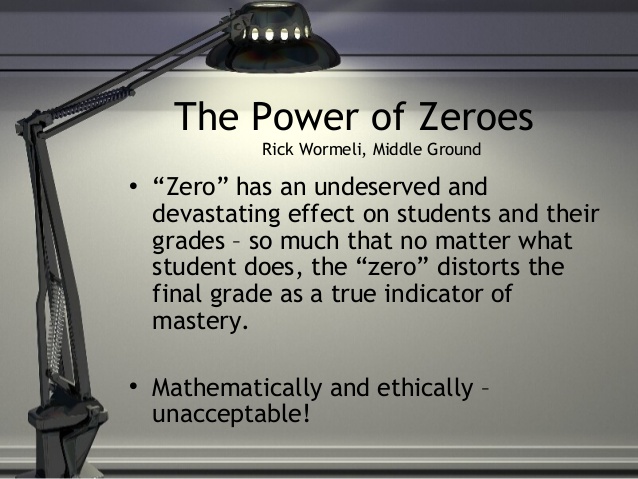Recently I was able to visit Conner Prairie, and one of my favorite activities was sitting in a one-room schoolhouse like what students would have attended in 1836. The teacher explained school would begin in December and run through February. Also, we were expected to pay the cost of 3 cents a day on the first day of the 3 month session. School would meet 6 days a week. It made me think about how much school has changed, and how relatively new some of our ideas about school are.
Until the 1920’s, most students didn’t continue after elementary school. Dr. Camille Farrington, writer of Failing at School, stated:
“What became really clear, what I didn’t realize, was that high schools early on were not meant for the masses. Even public high schools were very competitive, high stakes and intense. Taxpayers had never paid for high schools before, and they were very much interested in keeping lazy or uninterested kids out of high school. All the systems put in place were to weed out kids that struggle.”
A-F grading, kindergarten through 12th grade, 100 point scales – these are creations of this formalizing of education in America. A great deal of educational research these days is not only adding practices that help students, but also reassessing practices from before. Our goals have changed – we aren’t trying to weed out students. We are trying to get all students to achieve academically.
One example of a practice that has not fared well recently under experts’ examination is the practice of assigning a grade of zero for work not turned in. When I was in school, we were given zeros for work not completed or not turned in. Yes, even the principal had times when he didn’t turn in his work. The idea is that getting a zero is a consequence that will train students to be more responsible. Does it work? It works for some students. The best line I’ve heard about grades is: “They make a good carrot, but they aren’t a good stick.” Students that are motivated to get good grades can be influenced to turn in work by the threat of a zero. Students that are used to getting poor grades don’t get too bent out-of-shape over getting a zero.
Once a zero is assigned, both the teacher and the student can move on; it’s done. But what was the purpose of the assignment in the first place? There are basically two types of assignments – one type shows a student’s level of skill or mastery, and the other is practice a student needs to do to improve his or her level of skill or mastery. The point of the assignment is not to teach responsibility, so why should we move on when a student doesn’t complete an assignment? Some people assume not giving zeros is an overly generous approach – I think it is overly generous to move on when a student hasn’t done what he or she needs to do to learn. We don’t give zeros anymore – we insist work gets done. Yes, sometimes we have to give a grade of 50% F to a student that has not turned in work, but we are striving every day to add to our students’ skills. Where will the student that is not completing work be without having put in the work? If I’m training to run a marathon, and I skip my workouts, I don’t get a zero. The organizers don’t need to hurt the time I register in the marathon – I hurt it myself by not dutifully preparing. Isn’t this the better way to teach responsibility anyway?
There was recently a news story about a teacher in Florida that was fired because she refused to give students a grade of 50% rather than a zero. Staff at her school have defended the “no-zeros policy.” Many commenters compared this issue to entitlement in children, or receiving “participation trophies.” The fired teacher may seem like a principled defender of holding students accountable, but she didn’t follow the policy of the school district, which was informed by educational experts. Change can be hard, and this policy may seem counter-productive, but it fits very well into other educational initiatives that endeavor to help students achieve more. We gave zeros decades to work, and we still had students that didn’t turn in work. Please support us as we try something different.
One final point about completing work: our teachers are education experts that spend countless hours determining what work students need to do to master the skills the students will need. When a teachers tells a student to complete something and that student doesn’t, it is a disciplinary issue. It is important that we give consequences, such as detentions, to students that refuse to follow teachers’ directions, and when they waste their own time. We will reduce the impact on a student’s grade of not following the teacher’s directions, but we will teach better responsibility with behavioral consequences.
“The truly free individual is free only to the extent of his own self-mastery. While those who will not govern themselves are condemned to find masters to govern over them.” – Steven Pressfield

